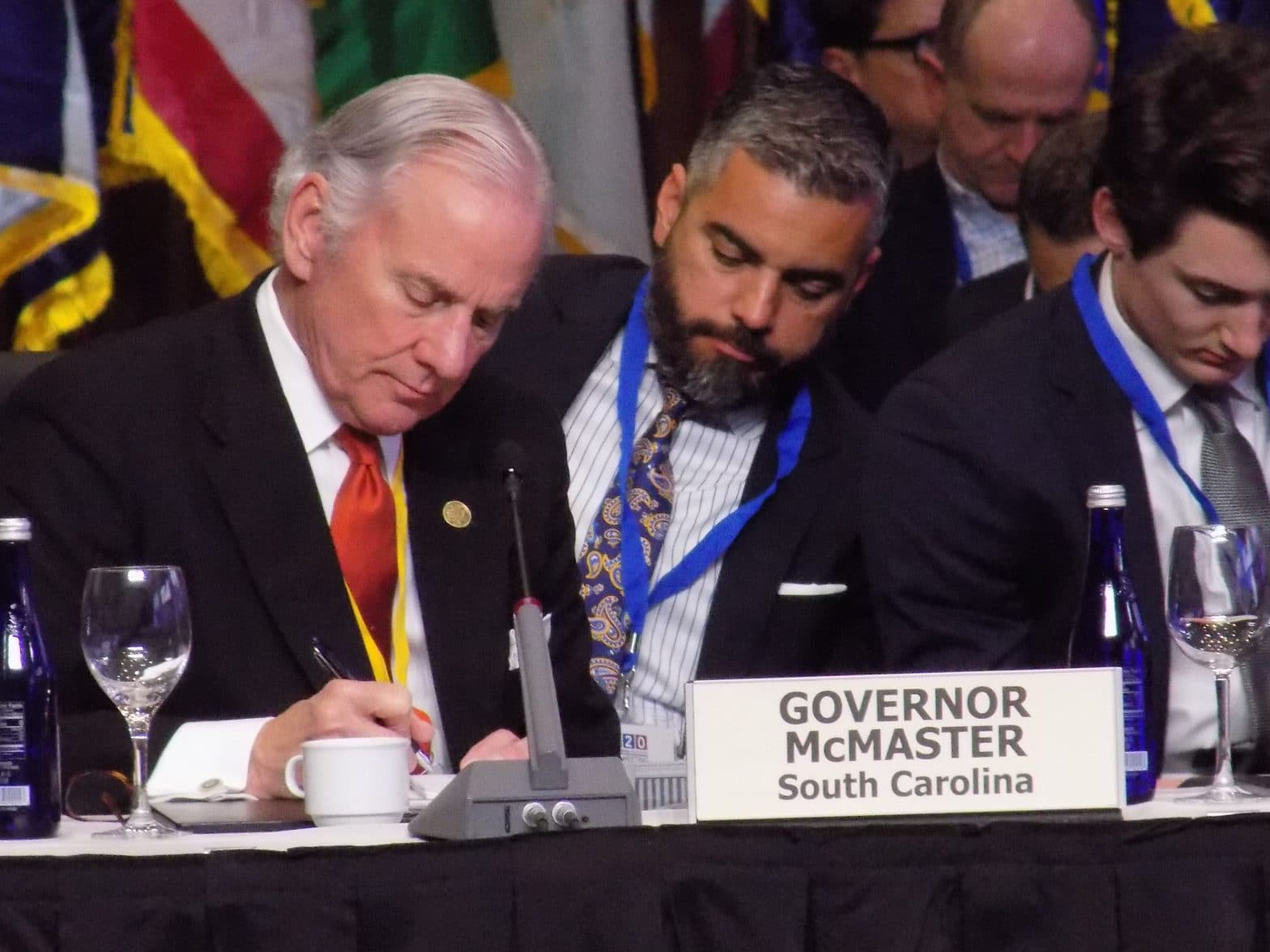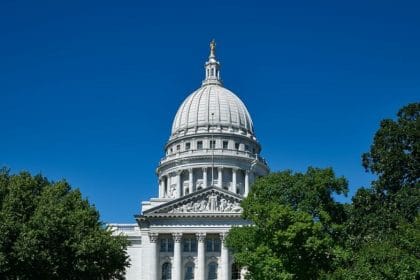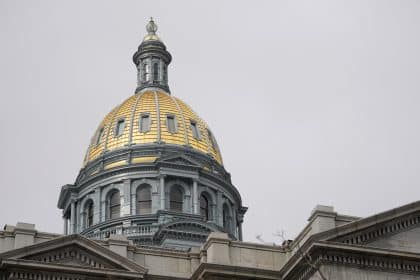McMaster Latest Governor to Allow ‘To-Go’ Liquor Sales

South Carolina Gov. Henry McMaster on Saturday directed the state’s Department of Revenue to waive regulations and allow restaurants to include sealed containers of beer and wine for curbside pickup or to-go orders.
The move came just days after McMaster ordered all restaurants in the state to stop in-house dining and after a major push by the industry to have beer and wine included among the items deemed permissible in a take-out order.
The waiver issued by McMaster Saturday does not authorize the sale of hard liquor, as defined by South Carolina regulations, nor does it apply to delivery services.
Prohibitions on consuming alcoholic beverages in public also remain in place.
Under the new rules establishments with beer and wine permits can now serve closed containers of alcohol for curbside pick-up orders as long as customers provide valid ID.
The order is effective immediately and will last as long as South Carolina remains in a state of emergency.
But the order provides at least some relief for an industry that has been hit hard by the spread of the novel coronavirus, especially independent restaurants.
“Things are terrible for everybody, but the restaurants are really going to be suffering,” Bobby Williams, CEO of the local Lizard’s Thicket restaurant chain, told The State newspaper last week.
Of course, South Carolina isn’t alone in trying to help bars and restaurants survive without in-person business during the coronavirus outbreak.
Both New York Gov. Andrew Cuomo and Texas Gov. Greg Abbott have signed legislation allowing for the sale of alcoholic beverages with take-out orders.
In announcing the loosening of alcohol-related regulations in New York State, Cuomo said lawmakers are “very aware of the economic consequences” shutting down dining rooms is having on bars, restaurants, wineries and the like.
“However, there is a silver lining for these establishments,” he said.
With the new relief, “whatever you could order in the bar or restaurant or distillery or winery you can purchase through takeout, and we hope that goes a long way towards alleviating any economic hardship,” he said.
“We will only allow it during this period of closure, but I think it will help those businesses,” Cuomo added.
In Texas, Gov. Abbott issued a waiver “that will allow restaurants to deliver alcoholic beverages with food purchases to patrons, including beer, wine, and mixed drinks.”
“Under this waiver … restaurants with a mixed beverage permit may sell beer, wine, or mixed drinks for delivery as long as they are accompanied by food purchased from the restaurant,” the governor said.
Maryland and the District of Columbia have also temporarily amended their regulations to allow the sale of some alcoholic beverages with to-go orders. In all, some 28 states have restricted dining in bars and restaurants.
The moves come as there is increasing anecdotal evidence that Americans are stocking up on “comfort” alcohol as the coronavirus outbreak continues.
According to Drizly, an E-commerce platform known as the “Amazon for liquor,” with deliveries in 100 markets across the U.S. and Canada, consumers are stocking up on vodka, bourbon, tequila, scotch and Irish whiskey — the latter likely due to canceled St. Patrick’s Day celebrations.
In an interview with Bloomberg News, Liz Paquette, head of consumer insights at Drizly, said the average size of orders has jumped 50%, “which indicates a stock-up mentality.”
Minibar, another online seller of wine, beer and spirits, also reports seeing a surge as “people purchase at higher volumes,” according to co-founder Lindsey Andrews.
Meanwhile, Total Wine & More has modified its store processes and online ordering procedures.
In many locations, store hours have been reduced for extended cleaning and restocking. The chain is also increasing in-store pickup and delivery availability,
The retailer said it has also increased product shipments wherever possible, including water, soda, snacks, cheese and other foods.






















